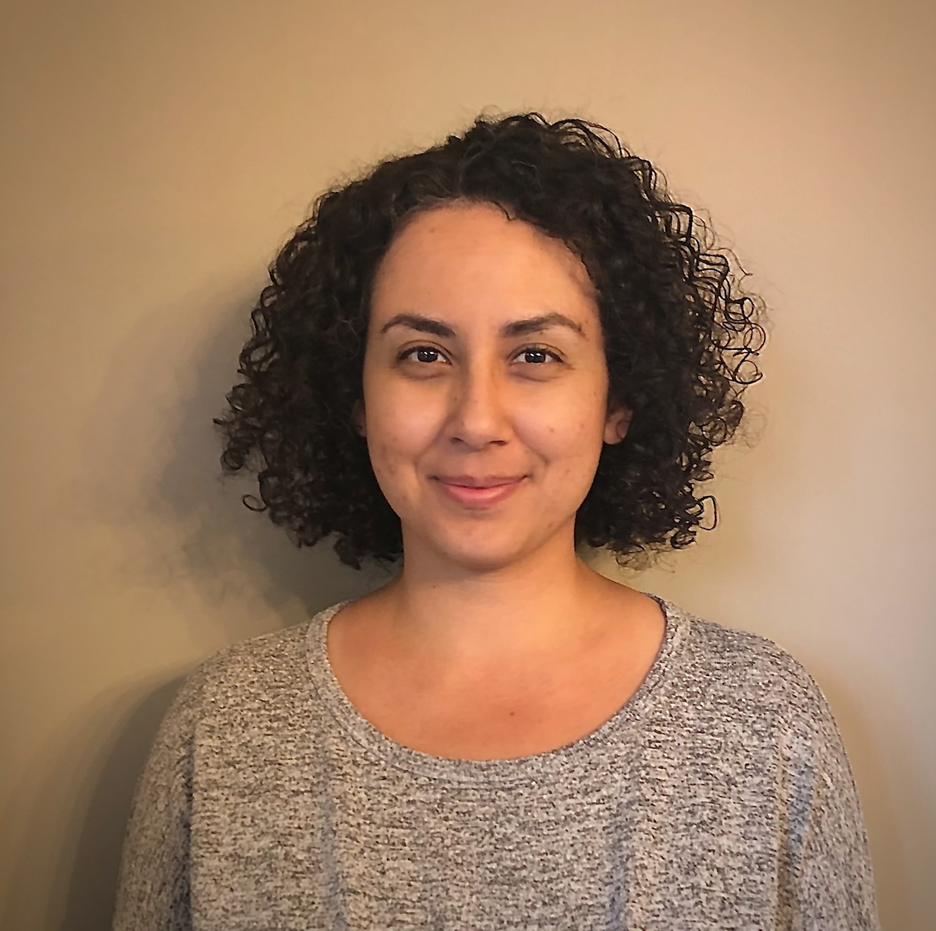
Where they’re working
Mira knew from her time as an undergraduate student that one day she wanted to pursue a PhD.
“I’ve always had this passion for advancing knowledge through research, but after my pharmacy education, I also wanted to balance my clinical work and find a way to incorporate both,” she says.
And that’s exactly what she’s doing. She’s the antimicrobial stewardship pharmacist (ASP) at Woodstock Hospital in Woodstock, Ontario and a PhD student working with Prof. J.M. Gamble at Waterloo Pharmacy in the pharmacoepidemiology field. Mira transitioned into the Woodstock role after completing a Master of Science and pharmacy residency, and she recently began her PhD, and is completing it full-time while working at the hospital.
“In so many ways, my experience in AMS and infectious disease prepared me for my PhD role. It sparked a passion in me for the social determinants of health and understanding how we can improve patient care at the process level,” she says.
In the ASP role, Mira provides support and specialized knowledge about antimicrobial stewardship to units throughout the hospital. She also is involved in research in the areas of medication taking behaviours, medication safety, knowledge translation, sex and gender-based analyses and infectious diseases.
“I loved ID during my residency – that element of piecing the puzzles together and working closely both with patients and an interprofessional team have been so rewarding,” she says. “The AMS speciality has helped me be a jack of all trades and a master of this speciality area – I get to be the person colleagues turn to with complex cases.”
Alumni Answers
UW: You’ve always had a passion for research. What advice do you have for others like you who seek to incorporate research into their clinical practice? How do you get stakeholders on board?
MM: For me, finding collaborators and partners who have the same research goals as you and being open to feedback has been key. Stakeholders on research projects sometimes give me feedback that means I really need to change what I had planned – you have to be open to that.
Over the years, I’ve learned the importance of putting the people who are going to be impacted by my work front and centre. I connect with them during the design stage of my study so that I ensure my study is filling a gap and meeting the needs of those it’s intended to serve. Building relationships both with patient interest groups and with fellow clinicians who share your values is key, so don’t be afraid to reach out and start connecting.
UW: You have a passion for teaching. How do you incorporate teaching opportunities into your work life? Any tips for alumni interested in being a clinical mentor or guest lecturing?
MM: I’ve been teaching ever since I was a young dance and gymnastics instructor, and my passion for educating has never waned – I love seeing my students change and grow and noticing how I also grow in response. During my residency, I was given the opportunity to teach physio students at Western University under the guidance of a residency preceptor. I loved the experience and that inspired me to seek out more. I emailed profs offering to guest lecture on several topics. That led me to regular guest lecturing opportunities since I finished my residency and started practicing clinically.
In my hospital environment I’ve also sought out teaching opportunities – often these look like mentorship of students. Students rotate through and spend their ID time shadowing me. I had a student recently work closely with me, and it was one of the most rewarding experiences I’ve had as a teacher – getting to see their growth over the course of their rotation was phenomenal.
My advice to you is to take initiative if you know you want to teach – reach out, offer something of value. If you don’t ask, the answer’s always no. If you ask, doors may open.
Non-Pharm Fun
In addition to being a pharmacist and PhD student, Mira is a mom, so for her, having a strong advocate in her husband and partner of many years, the support of family and mentors has played a significant role in her life.
“Finding mentors who have walked a similar path as me has been instrumental in my growth – as a woman of colour; having people like Prof. Tejal Patel and Prof. Feng Chang in my life has helped shape who I am as both a professional and a person. Make sure there are people in your life who want to see you succeed.”
For Mira, another key skill has been learning to say no during the busy times, which allows her to spend time with her kids and enjoy her many hobbies – playing Magic the Gathering, dance and art.